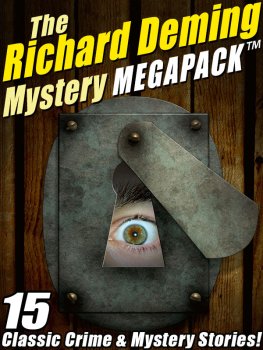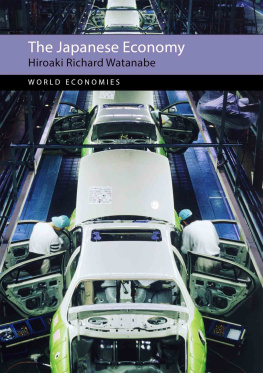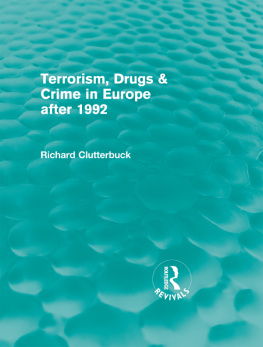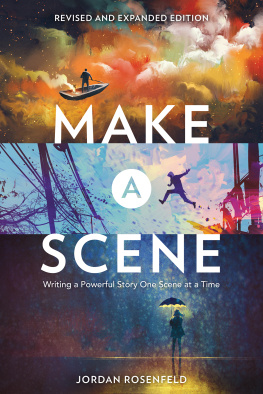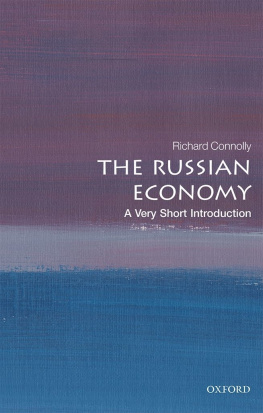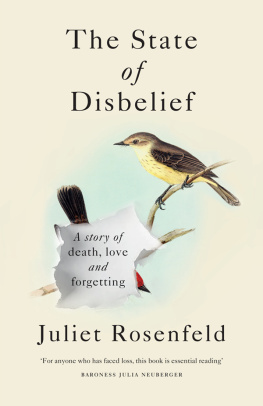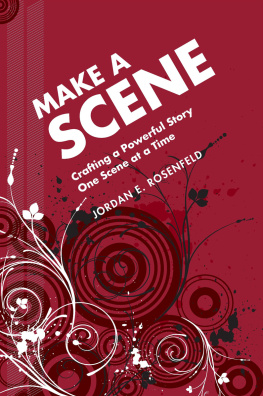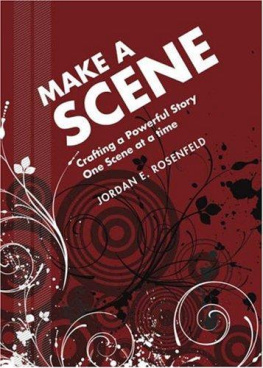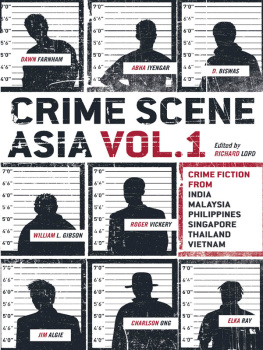crime and the economy
Compact Criminology
Series editors: Nicole Rafter and Paul Rock
Compact Criminology is an exciting new series that invigorates and challenges the international field of criminology.
Books in the series are short, authoritative, innovative assessments of emerging issues in criminology and criminal justice offering critical, accessible introductions to important topics. They take a global rather than a narrowly national approach. Eminently readable and first-rate in quality, each book is written by a leading specialist.
Compact Criminology provides a new type of tool for teaching and research, one that is flexible and light on its feet. The series is designed to address fundamental needs in the growing and increasingly differentiated field of criminology.
Other Compact Criminology titles include:
Comparing Criminal Justice by David Nelken
Crime and Risk by Pat OMalley
Experimental Criminology by Lawrence Sherman
Crime and Terror by Michael Stohl and Peter Grabosky
Compact Criminology International Advisory Board:
Jan Van Dijk, University of Tilburg
Peter Grabosky, Australian National University
Kelly Hannah-Moffat, University of Toronto
Alison Leibling, University of Cambridge
crime and the economy
Richard Rosenfeld Steven F. Messner
SAGE Publications Ltd
1 Olivers Yard
55 City Road
London EC1Y 1SP
SAGE Publications Inc.
2455 Teller Road
Thousand Oaks, California 91320
SAGE Publications India Pvt Ltd
B 1/I 1 Mohan Cooperative Industrial Area
Mathura Road
New Delhi 110 044
SAGE Publications Asia-Pacific Pte Ltd
3 Church Street
#10-04 Samsung Hub
Singapore 049483
Editor: Natalie Aguilera
Editorial assistant: James Piper
Production editor: Rachel Eley
Copyeditor: Kate Harrison
Proofreader: Sharon Cawood
Indexer: Elizabeth Ball
Marketing manager: Sally Ransom
Cover design: Wendy Scott
Typeset by: C&M Digitals (P) Ltd, Chennai, India
Printed in India at Replika Press Pvt Ltd
Richard Rosenfeld and Steven F. Messner 2013
First published 2013
Apart from any fair dealing for the purposes of research or private study, or criticism or review, as permitted under the Copyright, Designs and Patents Act, 1988, this publication may be reproduced, stored or transmitted in any form, or by any means, only with the prior permission in writing of the publishers, or in the case of reprographic reproduction, in accordance with the terms of licences issued by the Copyright Licensing Agency. Enquiries concerning reproduction outside those terms should be sent to the publishers.
Library of Congress Control Number: 2012941459
British Library Cataloguing in Publication data
A catalogue record for this book is available from the British Library
ISBN 978-1-84860-176-3
ISBN 978-1-84860-717-0 (pbk)
contents
about the authors
Richard Rosenfeld is Curators Professor of Criminology and Criminal Justice at the University of Missouri St. Louis. He is co-author with Steven F. Messner of Crime and the American Dream (Wadsworth, 5e) and has written widely on crime trends, crime statistics, and criminological theory. He is a Fellow and past president of the American Society of Criminology.
Steven F. Messner is Distinguished Teaching Professor of Sociology at the University at Albany, SUNY. His research focuses on social institutions and crime, understanding spatial and temporal patterns of crime, and crime and social control in China. In addition to his publications in professional journals, he is co-author of Crime and the American Dream, Perspectives on Crime and Deviance, Criminology: An Introduction Using ExplorIt, and co-editor of Theoretical Integration in the Study of Deviance and Crime, Crime and Social Control in a Changing China, The SAGE Handbook of Criminological Research Methods, and The Emergence of a New Urban China: Insiders Perspectives.
preface and acknowledgements
We have written this book with two interrelated objectives in mind. One, we set out to shed light on the multifaceted linkages between criminal behaviour and the structure and functioning of the economy in advanced, capitalist societies. Although the proposition that crime is influenced by economic factors might seem virtually self-evident, the nature of this influence is actually quite complex. This observation serves as the point of departure for our second overarching objective. We seek to demonstrate that the complex linkages between crime and economic factors can be best understood when viewed through the lens of an institutional perspective.
In . In the concluding chapter, we explore the implications of our institutional approach for social policy and social change.
We would like to thank Paul Rock and Nicole Rafter for their exceptionally thoughtful comments on drafts of the manuscript. All authors should have the privilege of working with such constructive consultants. We are also grateful to Natalie Aguilera at Sage for her valuable editorial guidance and assistance.
ONE
through the looking glass: the complex relationship between crime and the economy
Willie Sutton was a notorious bank robber. During his 40-year criminal career he allegedly stole over $2 million. He spent about half of his adult life behind bars, although he managed to escape from prison twice. He is best known for his answer when asked why he robbed banks: because thats where the money is. In his partly ghost-written autobiography, Where the Money Was: The Memoirs of a Bank Robber, Sutton denied having uttered the phrase. He credited some enterprising reporter. Nevertheless, the words attributed to him seem to contain a pearl of wisdom: when trying to understand some phenomenon, begin with the obvious. This sage advice is sometimes referred to as Suttons Law.
At first glance, the basic focus of this book the relationship between the economy and crime might seem particularly well suited for the application of Suttons Law. There appears to be nothing particularly profound or surprising in the proposition that the ups and downs of the economy and criminal activity go hand in hand. It turns out, however, that Suttons Law serves only as a useful starting point in inquiring about the economy and crime. The picture becomes murkier as we peer through the looking glass. As self-evident and straightforward as the connection between crime and the economy might seem, the relationship is actually quite complex. A half century ago, a thorough review of the academic literature concluded that the general relations of economic conditions and criminality are so indefinite that no clear or definite conclusions can be drawn (Vold, 1958: 181). Our reading of the research literature is not quite as pessimistic, but we agree that the accumulated evidence defies simple conclusions.
In this book we review the research on the relationship between crime and the economy and consider the theoretical perspectives that have been advanced to explain the complexities in that relationship. We then offer our own take on the relationship, especially as it is manifested in contemporary advanced industrial societies. Our review covers all kinds of criminal acts, violent as well as property offences and so-called white-collar as well as street crimes. Our perspective on the crimeeconomy relationship considers the modern market economy as a






